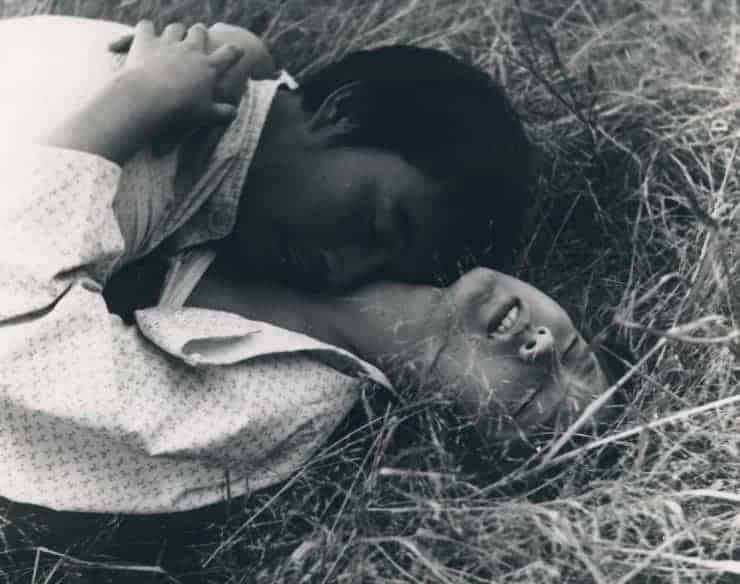Given the socio-political changes of the 1960s and 1970s, it was just a question of time when real change was about to occur in many cultures. With many stories, real and fictional, highlighting the oppressive nature of traditional gender roles, relationships and social structures, a shift in a different direction was bound to happen, even though it would be vague for a long time whether this would be a progression or if these notions would be met with violent resistance from the leaders of a nation. In any case, even the most old-fashioned narratives were inflicted with this air of change within society, which is more than evident in features such as Lee Mi-mi's “Girl's School”, which on the surface strongly resembles the kind of light-hearted teenager drama of the time, but on the other hand, deals with the way the role of women and especially homosexuality was perceived within Taiwanese society.
Girl's School is screening at San Diego Asian Film Festival

Throughout high school, Chih-ting (Chou Dan-wei) and Chia-lin have been inseparable, becoming two of the best students of their class and also spending time together after school, doing homework and going to the cinema. Especially Chih-ting cherishes the relationship with her best friend, with her mother having left the home and her father being largely absent during the week, coming up with excuses why he cannot join her at the dinner table. Meanwhile, Chia-lin's older sister Hsiu-liung has returned home to start her first job as a teacher at the same school her young sister attends, and where she quickly finds a friend in English teacher Mr. Mei (Chin Han).

However, with a rumor spreading about the two girls being more than just friends, Mei fears for the health of his students as well as the school's reputation being possibly tarnished, and informs his new colleague of the allegation. Although it only started with a note and a drawing, the rumor finds its way to the two girl's parents, resulting in various consequences. Even with the culprit, who has started the rumor, being found, the topic of homosexuality has reached the teachers of the school and its leaders, demanding to be dealt with.
As mentioned in the beginning, “Girl's School”, aesthetically and narratively, strongly resembles the kind of feel-good and slightly naive high-school drama many viewers have come to cherish or avoid. However, with the rumor of the nature of the girl's relationship spreading, there is a challenge presented to an institution which has thus far been run on routine, drills and the notion of innocence, at least on the outside. Chiu Hsiu-chuan's screenplay establishes this ideal and effectively works on the rumor and the topic of homosexuality corroding a system run on routine and tradition, as well as the perception of the parents and the siblings, who have become members of the system due to their roles as teachers.
In many of her features, “Unmarried Mothers” and “Evening News”, director Lee Mi-mi has dealt with issues, which were, at the time, quite problematic while still maintaining a traditional formula in terms of form and narration. “Girl's School” is no exception to the rule, with some aspects being old-fashioned and contradictory to the aforementioned developments of the time, whereas the progression of the story and the themes being somewhat antithetical to that form. It is also worth mentioning the way the heroes are shown in “Girl's School”, which follows a similar trajectory, with them representing the character archetype of the high-school student on the one hand, their giddiness and their naivety, while on the other hand also the troubles of growing up, especially in broken homes such as Chih-ting's. Upon closer inspection, the core characters reveal a great deal of depth to them, for example, with the conflict of the two sisters or Hsiu-liung finding herself entangled in her affection for the sister and her being a representative of a social order.
In the end, “Girl's School” is a very intelligent high-school drama showing a society trying to come to terms with notions of sexuality and shifting gender roles. While still somewhat embedded within an old-fashioned formula, director Lee Mi-mi manages to present an interesting and wonderfully acted feature.















